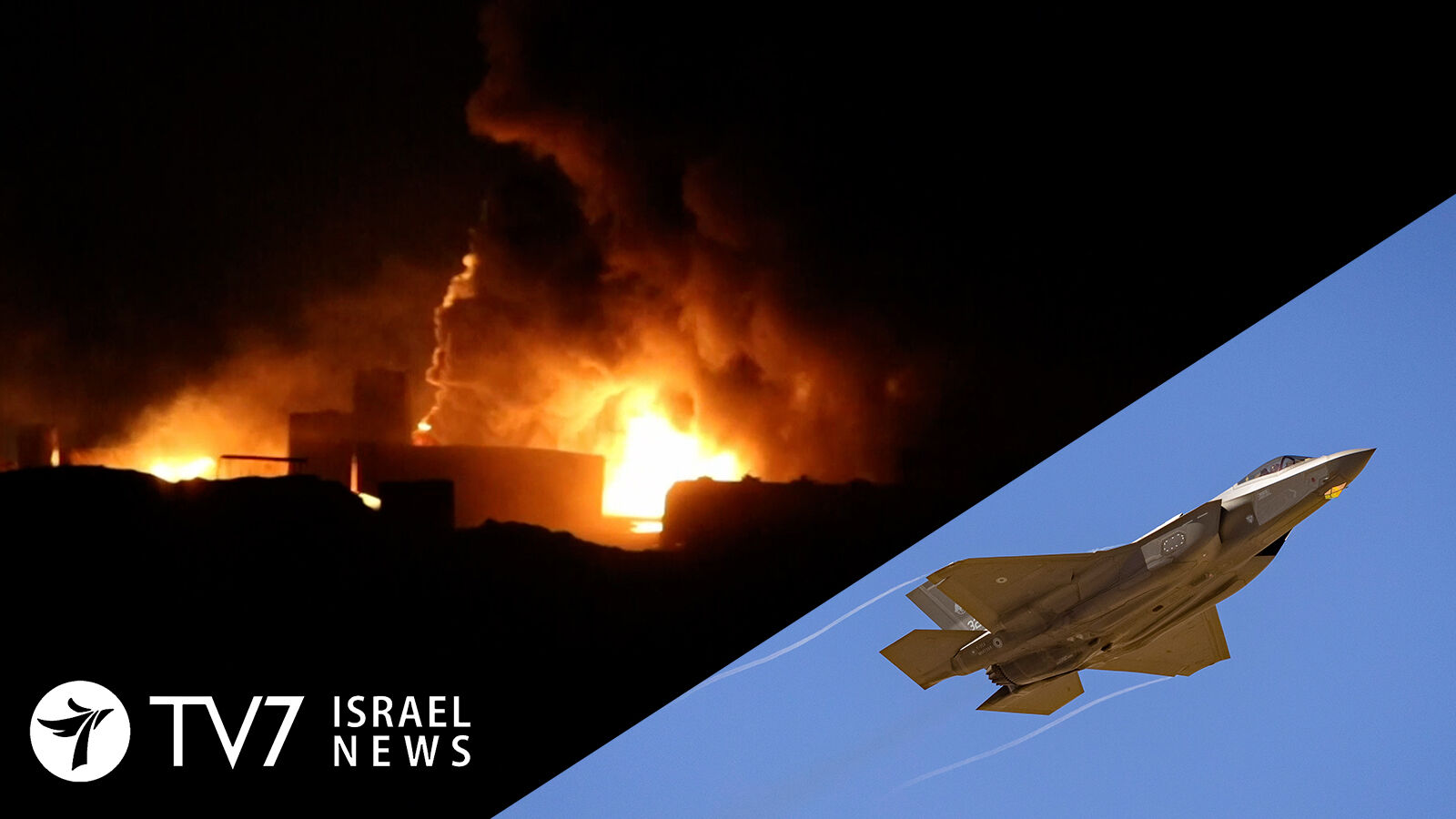An act of “Israeli aggression” was carried out with missiles over the vicinity of the Quneitra Governate‘s countryside in southern Syria, reported the SANA news agency early this morning.
By Jonathan Hessen and Erin Viner
The missile attack resulted in only physical damage, the Syrian state news agency added.
The Israeli military declined to comment.
The Israeli Air Force (IAF) has frequently been alleged to launch air strikes on the Syrian side of the demarcation line, as part of Jerusalem’s campaign to prevent encampment in the area by Iran and its Hezbollah terrorist proxy, has been deployed to help President Bashar al-Assad battled the civil war which erupted in his country in 2011.
The last IDF strike two weeks ago was reported to have targeted an Iranian weapons shipment to Hezbollah. Several targets were also hit last month in the Damascus area and a reported missile development center in the city of Masyaf.
Meanwhile in related developments, Russia has begun the process of withdrawing its military forces from Syria.
Russian forces have been active in Syria since 2015, when they helped turn the tide of the war in Assad’s favor.
According to The Moscow Times, the troops “are being transferred to the Ukrainian front” where Russia relentlessly attempts to gain additional territory.
The report also claimed that “abandoned air bases of the Russian Federation are being transferred to (Iran’s) Islamic Revolutionary Guards Corps (IRGC) and the Lebanese terrorist organization Hezbollah.”
Russian sources speaking to TV7 on condition of anonymity initially cited the fact that Gen. Alexander Dvornikov, who was appointed early April to command Russia’s military offensive in Ukraine, had formerly served as Moscow’s Commanding Officer in the Syrian arena. The redeployment of the Kremlin’s soldiers from the Arab Republic apparently began a month ago, when the Federation’s pilots with combat experience joined their nation’s western flank in Ukraine.
TV7’s sources also remarked that Russian troops are not only being relocated exclusively from Syria, but also from Armenia and elsewhere. When asked reports that the IRGC is actively taking over Russian installations in Syria, the sources asserted that if such a move is confirmed, it would not occur with the Kremlin’s consent.
It is important to note that 28 April, Syrian President al-Assad appointed Gen. Ali Abdullah Ayyoub as his new Defense Minister and General Ali Ibn Mahmoud Ibrahim as his new Chief of Staff, both of whom are regarded as overtly pro-Iranian. Newly-appointed Deputy Chief of Staff Gen. Moufid Hassan formerly served as Commander of the Syrian Armed Forces (SAF) First Corps deployed along the Golan Heights frontier with Israel.
Following these appointments, the Syrian leader met in Tehran with Iranian President Ebrahim Raisi and Supreme Leader Ayatollah Ali Khamenei. The regime-run Nour news channel quoted Assad as saying, “the strategic ties between Iran and Syria have prevented the Zionist regime’s (Israel) dominance in the region” and called for the deepening of bilateral relations between Damascus and Tehran.
The latest developments come as Iranian Foreign Ministry Spokesman Saeed Khatibzadeh announced that the upcoming slated visit by European Union Political Director Enrique Mora, who is the acting-coordinator of ongoing efforts in Vienna to revive the 2015 Joint Comprehensive Plan of Action (JCPOA), is not expected to bring “a new message” following an impasse of the negotiations. Khatibzadeh went on to demand that the United States compensate Iran for the damages incurred by sanctions that were re-imposed when former President Donald Trump withdrew from the JCPOA in 2018.
The bold demand by the Iranian Foreign Ministry Spokesman followed a statement by US Secretary of State Ned Price, that the administration of President Joe Biden shares “the concern expressed by the Senate about other aspects of Iran’s behavior, including their development of ballistic missiles, support for terrorism through the IRGC and other elements. And that’s why our administration has actually increased sanctions on Iran’s ballistic missile program and on the IRGC over the past year.”
Price went on to insist that, “there is nothing in a potential return to the JCPOA that would in any way diminish our resolve or our ability to continue combating these aspects of Iran’s policies in the region.”
